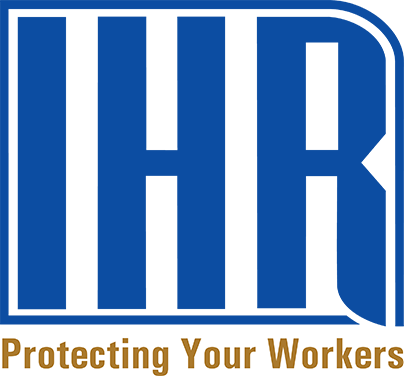All OSHA training courses are presented by request and customized to address your particular workplace situation.
Lead in Construction
29 CFR 1926.21
This course covers the OSHA standard (1926.62) that protects construction workers from inorganic lead. Workers that disturb lead-based paint in demolition and remodeling may have excessive exposures to lead from tasks such as welding and cutting on painted metal. We will cover all of the requirements of the standard, including, the hazard assessment, or exposure monitoring, medical surveillance and record keeping, engineering controls, housekeeping and personal hygiene, PPE, respiratory protection, and employee information and training.
Worker Right-To-Know
[Chemical]Hazard Communication, OSHA 1910.1200
This training is offered as a tailored course for specific client needs. After all chemicals are identified, and supported with standard GHS safety data sheets (formerly MSDS) from the suppliers, this information is transformed into a succinct, understandable format for supervisors and workers.
Permit-Required Confined Spaces
OSHA 1910.146
Almost all clients have some areas that could be considered confined spaces, and OSHA requires a formal program that identifies and classifies them. We will assist in this requirement, and then tailor and perform the required training for plant employees and contractors. We will develop a written confined space control program that includes training, air monitoring, a permit system for entrance of the spaces, and contingency plans for rescue.
HAZWOPER (OSHA 1910.120)
Hazardous Waste Operations and Emergency Response
By Request
This course is designed to fully comply with all regulatory standards and is tailored to the specific needs of the client (e.g. focused emergency response). Training is typically at the incident command level (V), and typically will cover subjects such as hazard assessment, scene management, spill control and containment, basic chemistry and toxicology, personal protective equipment (PPE) selection and use, respiratory protection, decontamination and air monitoring, as well as “hands-on” incident response (staged events). A study guide has been developed to supplement the course.
40 Hour / $700 per person / 10-person minimum
8 Hour / $180 per person / 10-person minimum



